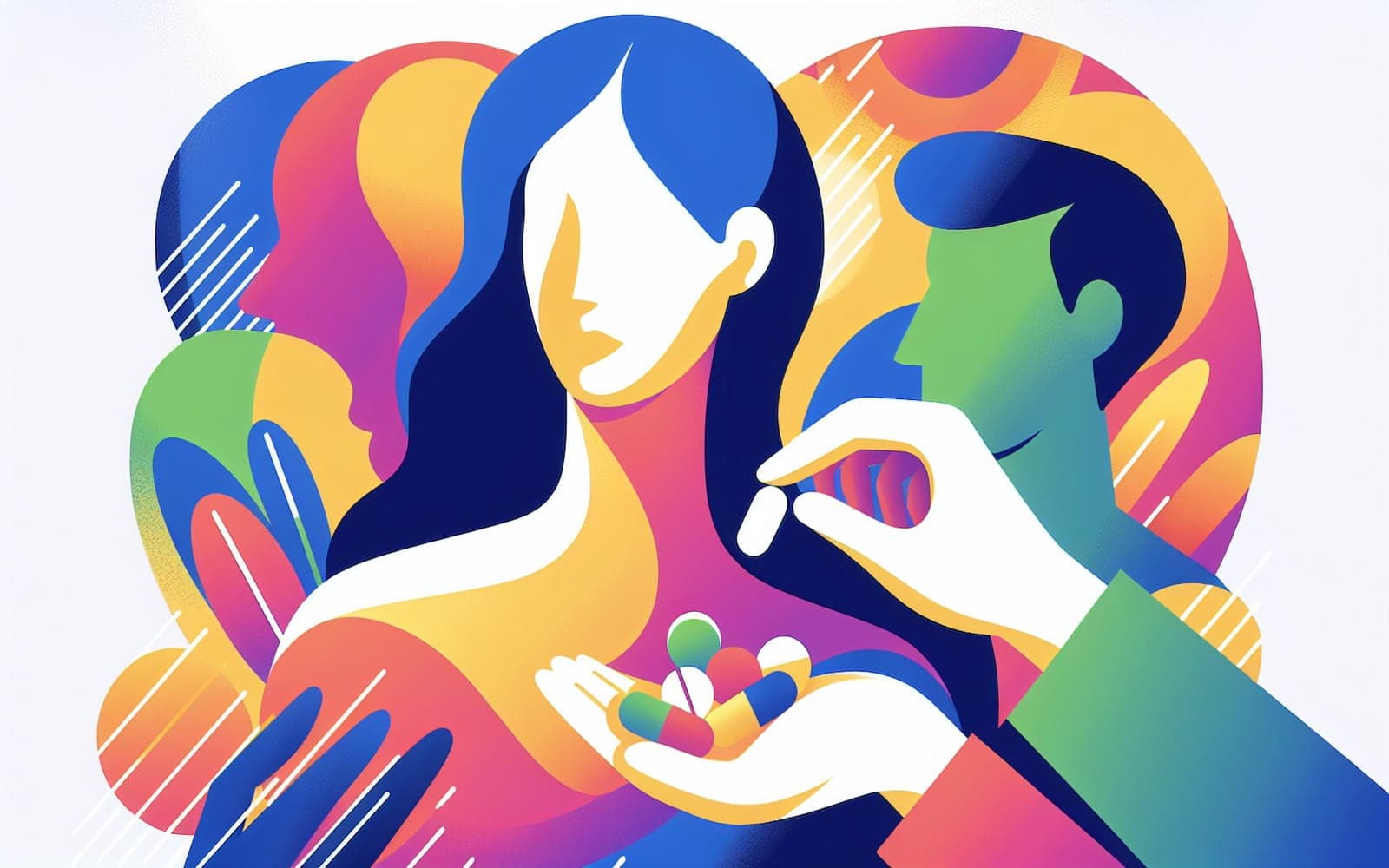Tips to Avoid Painful Pill Esophagitis
Published: Apr 08, 2024
Preventing pill esophagitis is simple if you know the right steps to take. These easy tips can save you from a lot of discomfort.
Contents
Understanding the Risks
Pill esophagitis occurs when medications get stuck in the esophagus and cause irritation. The risk is higher with larger pills and when lying down immediately after taking them. Understanding these risks can help you take preventive measures.
Preventive Measures You Can Take
To minimize risk, always take pills with a full glass of water and remain upright for at least 30 minutes. This ensures the medication reaches your stomach quickly. Additionally, avoid taking medications right before bed to prevent them from lingering in the esophagus.

What to Do if Symptoms Persist
If you experience symptoms like chest pain or difficulty swallowing that don't improve, seek medical advice. An upper endoscopy might be required to diagnose and manage the condition effectively. Early intervention can prevent complications like strictures or more severe injuries.
Frequently Asked Questions
Take pills with plenty of water and stay upright.
It helps prevent pills from sticking in the esophagus.
Consult a doctor for further evaluation.
Wrapping Up
Simple precautions can prevent the discomfort of pill esophagitis.
References
- Hey H, Jørgensen F, Sørensen K, et al. Oesophageal transit of six commonly used tablets and capsules. Br Med J (Clin Res Ed) 1982; 285:1717.
- Dent J, Dodds WJ, Friedman RH, et al. Mechanism of gastroesophageal reflux in recumbent asymptomatic human subjects. J Clin Invest 1980; 65:256.
This article has been reviewed for accuracy by one of the licensed medical doctors working for Doctronic. Always discuss health information with your healthcare provider.
AI Doctor Visit Required
Appointments available 24/7
15-min consultation. No hidden costs.
AI Doctor Visit Required
For safety reasons we have been forced to end this consultation.
If you believe this is a medical emergency please call 911 or your local emergency services immediately.
If you are experiencing emotional distress, please call the the Suicide & Crisis Lifeline at 988 or your local crisis services immediately.
Contact us
You can also email us at help@doctronic.ai
We aim to reply within 5-7 days
How likely are you to recommend Doctronic to friends or family?


